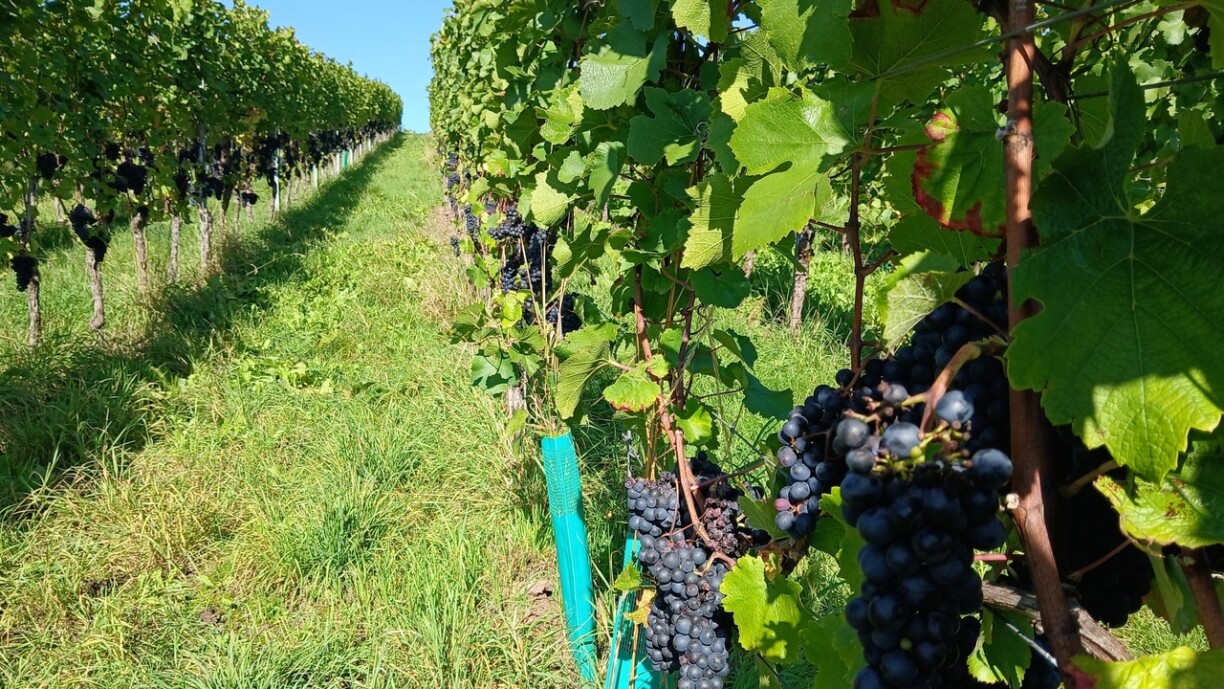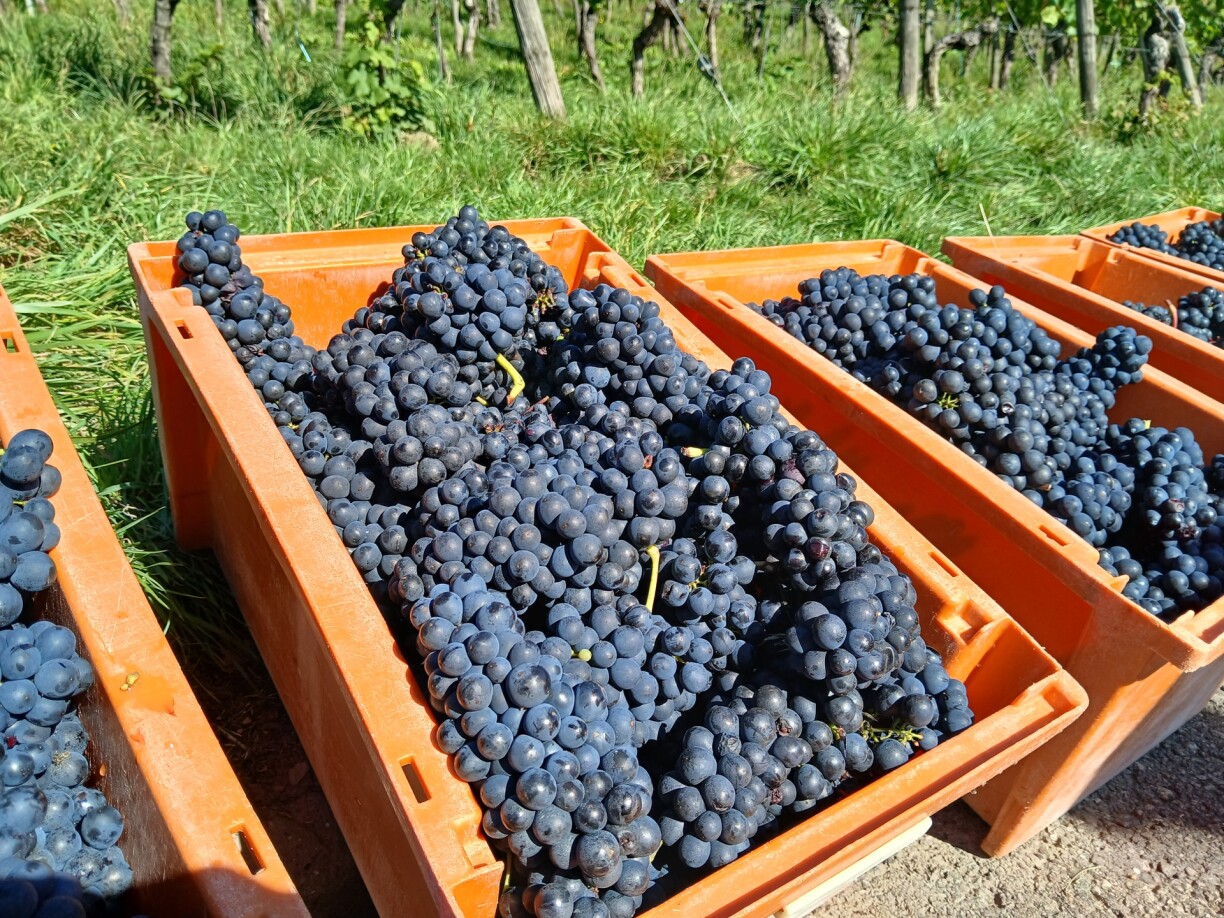
Winemakers are reporting excellent quality and quantity for the 2025 vintage, though the industry continues to face the broader challenge of declining wine consumption.
Benefiting from favourable weather conditions, the grape harvest began in early September – the earliest start in many years – and is now nearing completion. At a gathering in Ehnen, winemakers took stock of the season with significant optimism.
The consensus among growers is one of satisfaction: the 2025 vintage is expected to be of exceptionally high quality, a result largely attributed to ideal weather patterns. Jeff Konsbrück, President of the Winegrowers’ Solidarity Fund, noted that rainfall occurred at optimal times throughout the summer, preventing drought stress and supporting a successful flowering period.
“Early flowering is always beneficial because it allows us to start the harvest early, and an early harvest typically results in good quality,” Konsbrück explained.

While the yield is also considered good, producers note that even larger quantities would have been welcome. However, the market for Luxembourgish wine has softened in recent years.
Konsbrück highlighted the consumption disparity: currently, only 9 litres of the 37 litres of wine consumed per person in Luxembourg are locally produced. “If we were at half-and-half, we’d be quite content”, he stated, emphasising the need for fair pricing.
This trend reflects a wider shift toward reduced alcohol consumption. In response, winemakers are adapting their strategies, including increased production of no- and low-alcohol wines to align with evolving consumer preferences.
Minister of Viticulture Martine Hansen has announced that legislative adjustments are being considered in this regard. The current law subjects wines that fall below a certain alcohol content to different excise duties, creating a regulatory hurdle.
“We are currently in talks with the Ministry of Finance to find a solution”, Hansen stated, highlighting the growing consumer demand for wines with less alcohol.
The minister recently attended a conference in Denmark where new methods for extracting alcohol were presented. She noted the inherent complexity of non-alcoholic wine production, explaining, “It is inherently more complicated or costs more to produce non-alcoholic wine, because you start with wine with alcohol and then you take the alcohol out, but the flavour must remain.”
Despite this growing segment, the industry affirmed that traditional wines and Crémant will always remain its core business. Even within this domain, innovation continues. Growers are experimenting with so-called PIWI varieties – grape types that are more resistant to diseases and drought stress.